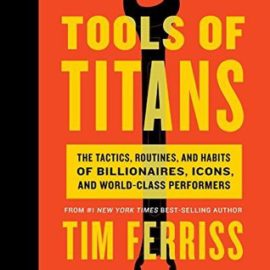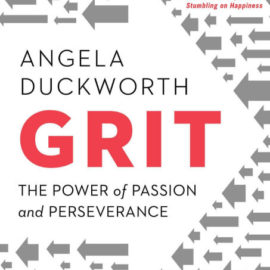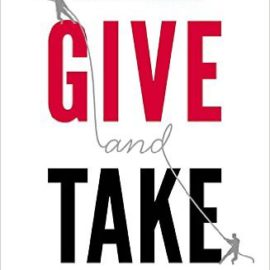Want to learn the ideas in Make Your Bed better than ever? Read the world’s #1 book summary of Make Your Bed by Admiral William H. McRaven here.
Read a brief 1-Page Summary or watch video summaries curated by our expert team. Note: this book guide is not affiliated with or endorsed by the publisher or author, and we always encourage you to purchase and read the full book.
Video Summaries of Make Your Bed
We’ve scoured the Internet for the very best videos on Make Your Bed, from high-quality videos summaries to interviews or commentary by Admiral William H. McRaven.
1-Page Summary of Make Your Bed
Overview
Admiral William H. McRaven expanded on a commencement speech he gave in 2014 at the University of Texas, and his book is about how to overcome life’s challenges by building upon small accomplishments, forming strong human networks, avoiding superficial judgments, recognizing that life is fundamentally unfair, learning from failure, taking risks, standing your ground when challenged, rising to challenges and holding onto hope.
The author gives examples of his experiences as a Navy SEAL to illustrate 10 important lessons he learned from the training. He also shares some stories about how he overcame obstacles, completed near-impossible tasks, persevered through great hardship and pushed himself beyond his limits by applying those lessons. For example, in one chapter, he talks about how he had to go through 6 months of grueling training where they went from being beginners (tadpoles) to officers (frogmen). In another chapter, McRaven recalls an incident when he was injured during a parachute jump that left him bedridden for 2 months. Another time when he was fired from his squadron in 1983 and yet another time when Saddam Hussein spoke with him after the Iraqi leader was captured.
Key Takeaways
Making your bed every morning is a way to start the day on a positive note and move forward toward bigger accomplishments. Quitting isn’t an option, because you’ll face hardships in life that will require perseverance. Everyone faces challenges and obstacles, so it’s up to you to overcome them with hard work.
People should be team players and support each other. People need to overcome their fears so they can help others and work together when needed.
Life is unfair. That’s the way it is, and there’s no use complaining about it. However, life can be made easier by challenging yourself (like Navy SEAL training).
Key Takeaway 1: Making one’s bed in the morning is the first step on the path toward bigger, more important accomplishments.
McRaven writes about how making one’s bed in the morning is a simple task that can be done every day, and it will help you accomplish other things throughout the day. He emphasizes this point by referring to it in his title and mentioning it first out of 10 lessons. Although he does not cite scientific research, studies suggest that there are psychological benefits to starting your day with an easily attainable goal like making your bed.
Charles Duhigg (2012) describes the power of making a bed every day. It has a beneficial effect on other aspects of one’s life, such as budgeting and being more productive. People who make their beds each morning are more likely to be successful than those who don’t. Making a bed is an example of what he calls “keystone habits,” which have a positive influence on other areas of people’s lives. Exercise is another keystone habit that helps people eat better and smoke less frequently.
Keystone habits are just small wins that can inspire bigger success. For example, making the bed every day is a keystone habit because it’s easy to do and has symbolic value. It inspires people to keep their rooms clean, which will lead them to be more successful overall.
Key Takeaway 2: Quitting is not an option. One must persevere through hardships.
Admiral McRaven frequently mentions the importance of perseverance and not giving up on things in life, which he attributes to Navy SEAL training. He also talks about the research that has been done on willpower over the years.
Until the 1980s, psychologists believed that willpower was an inborn trait. However, research later showed that it could be taught and strengthened. It’s not a limited resource; instead, it can be used up like a reserve of energy.






